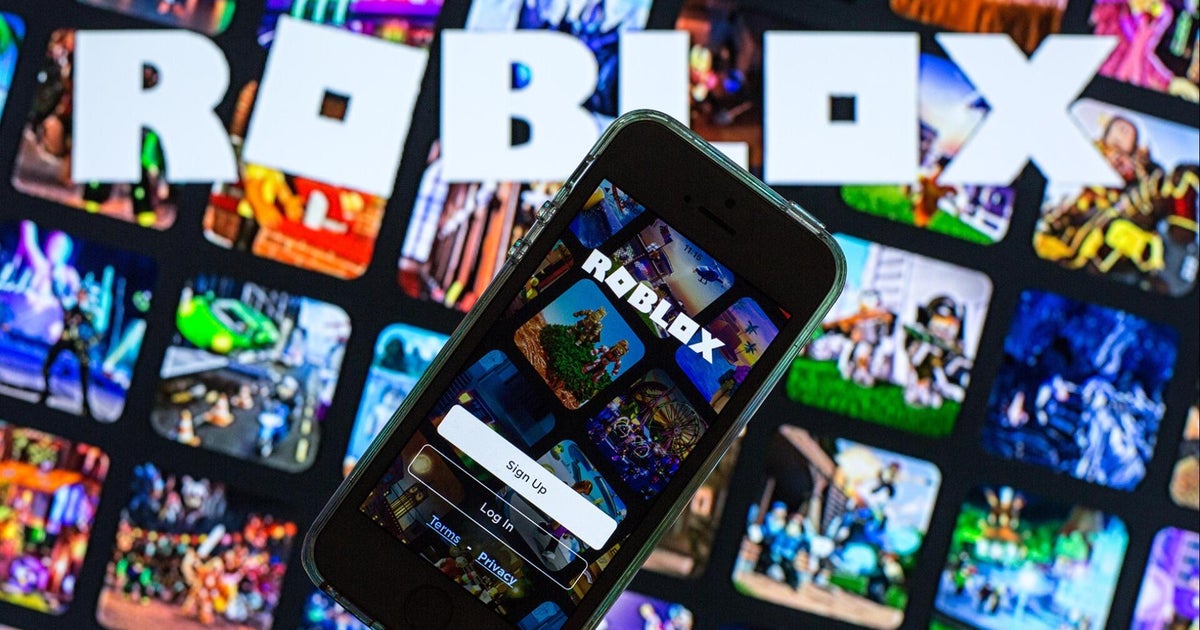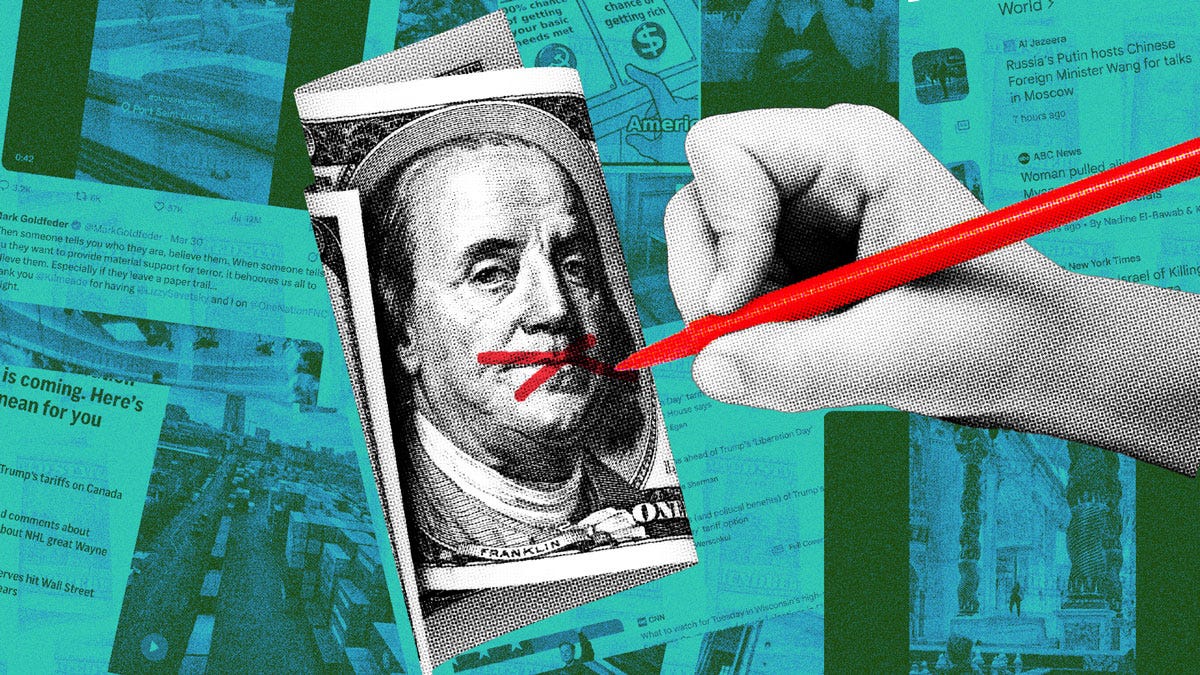Instagram could be biggest target for disinformation in 2020 election
Instagram could be a flashpoint for online disinformation during the 2020 election, a new study warns. The report from New York University's Stern Center for Business and Human Rights also says most of the disinformation will not come from a foreign adversary, like Russia, but rather from fellow Americans.
The study says Instagram is poised to play the biggest role in 2020 disinformation campaigns, even though Twitter, YouTube and Facebook (which owns Instagram) have received more attention so far. It cites a Senate Intelligence Committee report from last year that noted the Internet Research Agency — the office that led Russia's disinformation campaigns in the 2016 election — found more engagement on Instagram than any other platform. Since then, false conspiracy theories like QAnon have thrived on Instagram.
"Instagram's image-oriented service makes it an ideal venue for memes," the report says. "Memes, in turn, are a popular vehicle for fake quotes and other disinformation."
A Facebook spokesperson said in a statement to CBS News that Instagram is using fact-checkers and vision technology to filter out false content from its Explore and hashtag pages.
"Protecting the integrity of elections is one of Facebook's highest priorities. We know that our adversaries are always changing their techniques so we are constantly working to stay ahead," the statement said.
Instagram announced last month that it would expand its fact-checking operations and allow users to report posts for "false information," which would lead to the content being kept from some of the platform's most prominent pages. But the NYU study urges Instagram to go further and simply remove disinformation posts. The steps taken so far "haven't cured the platform's burgeoning reputation as a vehicle for false content," it says.
The report also warns that "deepfake" videos — video clips manipulated to make it look as if someone did or said something — will be another serious threat to the 2020 election.
The head of Instagram, Adam Mosseri, told "CBS This Morning" co-host Gayle King in June that the company did not have a specific policy against deepfakes.
"We are trying to evaluate if we wanted to do that and if so, how you would define deepfakes," he said. Mosseri later elaborated, "We need to have defined principles and we need to be transparent about those principles."
Foreign disinformation campaigns will likely come from China and Iran, in addition to Russia, the NYU researchers say. But they predict most of the disinformation spread on social media will actually originate here at home.
"While foreign election interference has dominated discussion of contemporary disinformation, most purposefully false content in the U.S. is generated by domestic sources," including President Trump's own Twitter feed, it says.
Most, but not all, domestic disinformation will come from the political right, the report says, noting that "studies show conservative social media users are more likely to circulate false content." It cites several recent examples, including the attempt to spread phony sexual assault accusations against South Bend Mayor Pete Buttigieg, and the bogus theory that California Senator Kamala Harris is not really black.
But the researchers notes that the political left has also engaged in some disinformation campaigns, such as during the 2017 special Senate election in Alabama.



